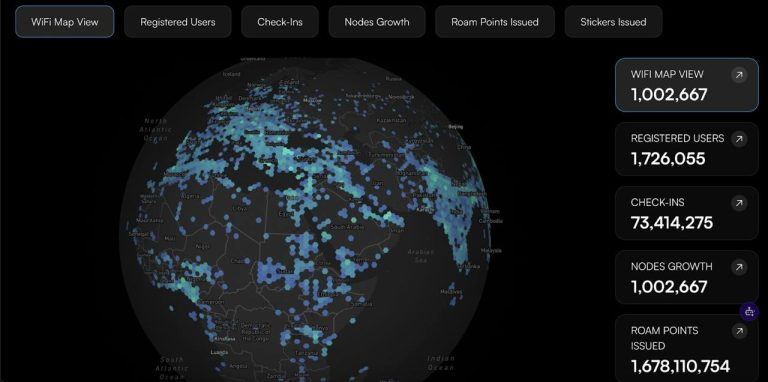
Civic launches free tool to combat NFT-hungry bots on Solana
Civic’s Ignite Pass aims to combat bots targeting NFT drops on the Solana network by verifying video-based selfies using artificial intelligence.
Identity verification tech firm Civic Technologies has launched a free tool to combat botting activity in Solana (SOL)-based NFT drops.
According to a Nov. 8 announcement, Civic’s new tool “Ignite Pass” will filter out bots by requiring buyers to complete a liveness verification before being approved to make NFT purchases.
Civic’s website notes that users will be required to take a video selfie in order to verify, with an Ignite Pass then being issued to their wallet address upon completion. The pass also remains active for 24 hours to “limit the options of malicious botters verifying multiple wallets. ”
The website also outlined that “Civic does not store this video selfie,” but does not clarify if the data is deleted or stored elsewhere.
The Ignite Pass is a free version of the firm’s suite of know-your-customer (KYC) and anti-money laundering (AML) compliance tools, Civic Pass. The tools are designed for decentralized finance (DeFi) platforms, NFT marketplaces and public blockchains.
Civic Technologies CEO Chris Hart emphasized the revolutionary capabilities that nonfungible tokens have recently unlocked for artists, lamenting the negative impact that bots are having on creators:
“Bots are more than a nuisance — they’re destroying the trust that communities have built as well as the future prospects of its creators.”
Bots gone wild
In February earlier this year, Dapper Lab’s NBA Top Shot was forced to delay the launch of a new series of Premium Packs due to high levels of botting activity on the platform.
The following month, many users of the MoonCats NFTs were complaining that the project had become overrun by bots programmed to accumulate new cats the moment they dropped online.
In response to the botting, MoonCat developers Ponderware held a vote on whether to destroy a private key holding a collection of rare unreleased MoonCat NFTs or not, with 72% of the community voting “yes” during the 48-hour poll.
September saw TIME Magazine sell out of 4,676 NFTs in less than one minute, with Paradigm researcher Anish Agnihotri attributing the rapid sales to botting activity:
“Many folks knew the mainnet deploy in advance and were able to plan ahead to bot their transactions.”
Related: FarmVille NFTs on the horizon? Zynga hires new VP for blockchain gaming
A surge in activity from bots targeting Grape Protocol’s Initial DEX Offering (IDO) also caused the Solana network to go offline for roughly 17 hours in September.
The Solana Foundation characterized the incident as a “denial of service attack,” estimating the bots had spammed the network with a transaction load of roughly 400,000 every second.
Go to Source
Author: Brian Quarmby








